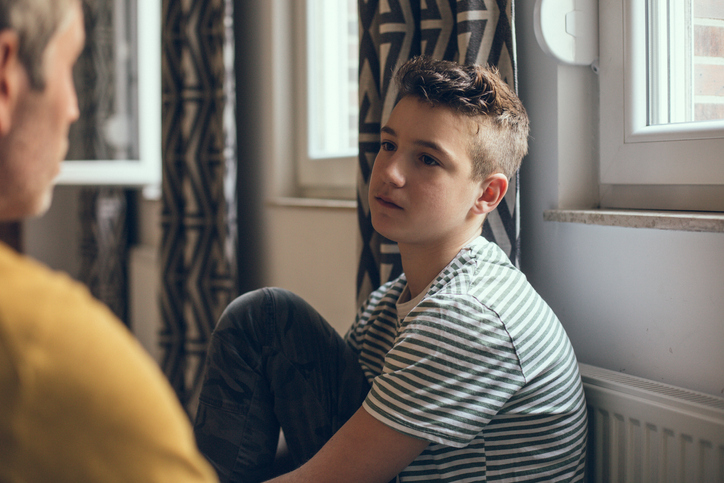What special measures are right for me?
The police should explain what special measures are available. Your witness supporter is also a good person to talk to about special measures and you can ask to see special measures and practice with them when you go on your pre-trial visit at court.
This content has been written for children and young people. If you’re looking for information for over 18s, visit our Going to Court information.
Special measures need to be arranged before the trial, and agreed by the judge. The judge will make their decision based on what the police and the prosecutor have told them you want. So it’s important to tell them what you think.
Below are the main special measures that can be put in place to help you give evidence.

